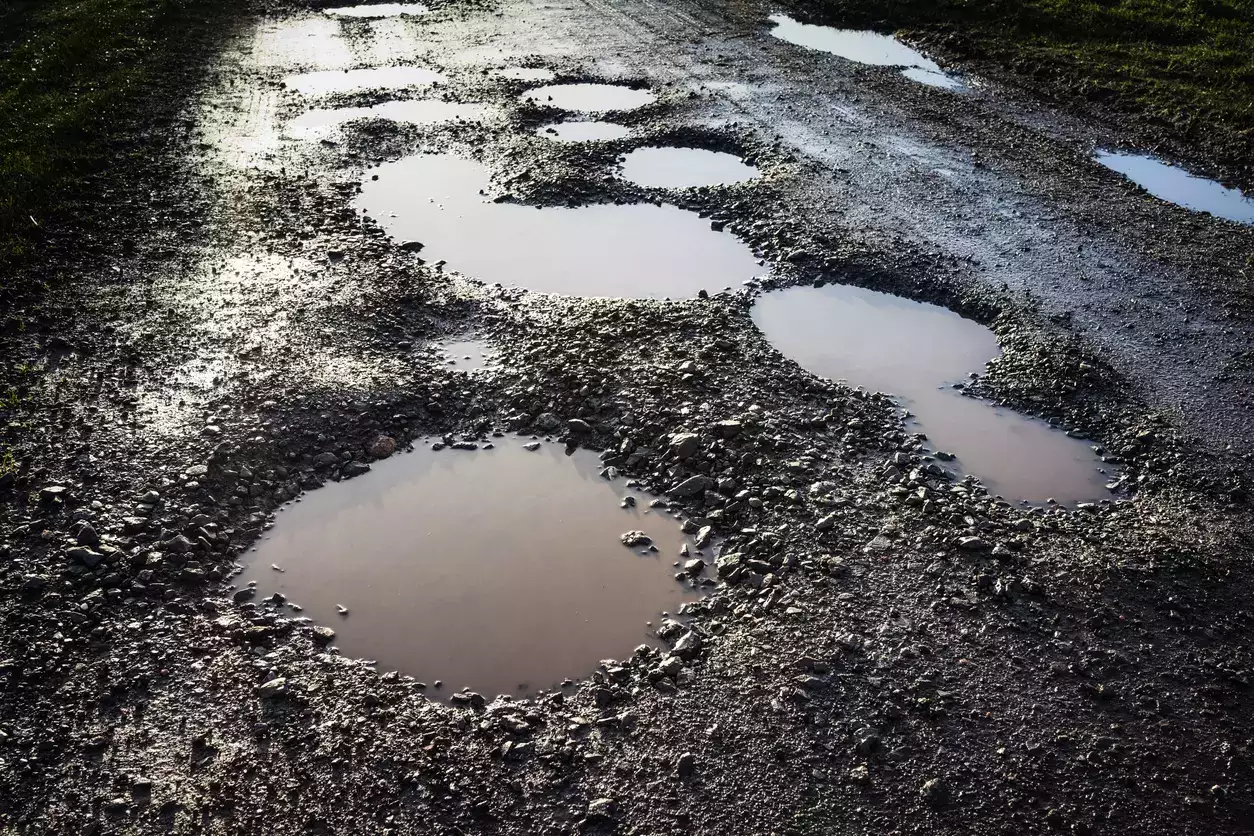
As per reports, this pioneering approach aims to enable roads to autonomously repair themselves, courtesy of a novel asphalt blend. This composite will comprise steel fibers and bitumen. When a gap forms, the bitumen will expand to fill it.
The self-repairing asphalt technology functions by integrating tiny steel wool fragments into the bitumen, the adhesive component in asphalt. This inclusion renders the bitumen conductive, facilitating its heating through an induction apparatus. Through the heating process, the bitumen can reattach to the stones and gravel within the asphalt, effectively repairing fissures and averting the formation of potholes.
In the budget for 2024-25, the Ministry of Road Transport and Highways has earmarked INR 2,600 crore for road maintenance. This allocation aligns with both the budgetary and revised estimates for 2023-24 and represents a slight increase from the INR 2,573.66 crore expended in 2022-23.
The issue of potholes poses significant challenges for motorists in India, often resulting in traffic congestion, vehicular damage, and occasional accidents. The onset of the rainy season exacerbates the situation, as water further weakens road surfaces. While the concept of utilizing self-repairing materials for roads isn't novel, its large-scale implementation in India is under consideration. NHAI is contemplating conducting small-scale tests on select highways to assess the efficacy and cost-effectiveness of these materials. The advent of self-healing highways could herald a positive transformation for India's road infrastructure in the foreseeable future.
Disclaimer: The copyright of this article belongs to the original author. Reposting this article is solely for the purpose of information dissemination and does not constitute any investment advice. If there is any infringement, please contact us immediately. We will make corrections or deletions as necessary. Thank you.





